3 min read
From Hurricanes to Sazeracs: Mardi Gras Cocktails with Food & Wine Pairings
Mardi Gras—also known as Fat Tuesday- is one of the world’s most iconic celebrations. Known as Carnival in many...
By: Beau Farrell on March 28, 2019
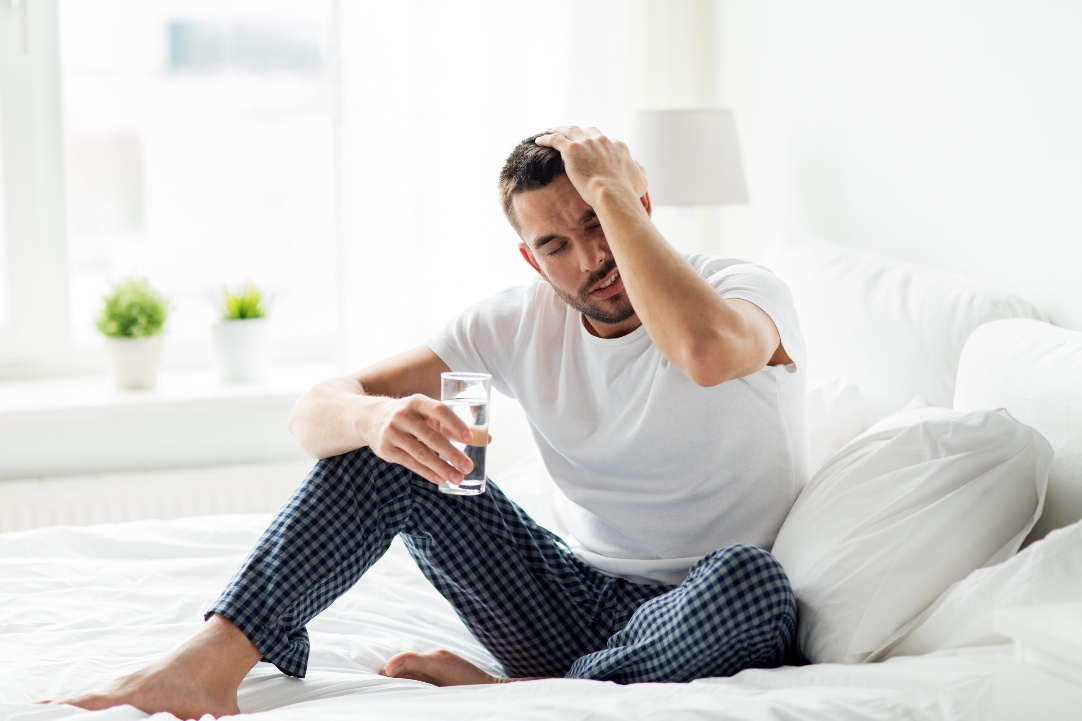
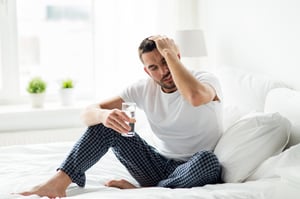 We’re all familiar with those nagging symptoms after a night drinking with friends, buying a round, and perhaps doing a few more dance moves than usual. It’s the next morning and you’re feeling fatigued, extra thirsty, and experiencing dizziness or a grating headache as well as the general lack of motivation to do anything that involves getting out of bed even though you can’t sleep well. Yep, it’s another hangover.
We’re all familiar with those nagging symptoms after a night drinking with friends, buying a round, and perhaps doing a few more dance moves than usual. It’s the next morning and you’re feeling fatigued, extra thirsty, and experiencing dizziness or a grating headache as well as the general lack of motivation to do anything that involves getting out of bed even though you can’t sleep well. Yep, it’s another hangover.
It didn’t always feel like this. You were young and resilient once. But now that you’re older, you can also get wiser about hangover helpers and your patterns with alcohol in general.
Don’t worry — we’re not going to tell you to chug a glass of pickle juice like some post-workout cramp-reliever. And you can definitely do better than praying to a pot of coffee or a bottle of some supposed cure-all supplement.
For your own health and safety, we recommend hangover helper practices that have been scientifically proven. These are the simplest, most attainable ways to avoid hangover symptoms, in reference to medical studies on the National Institute of Health. And please don’t take our advice as final — check with your doctor about best practices for your body and alcohol consumption.
The most trustworthy way to fight back hangover symptoms is to avoid them altogether. Simply drink in moderation and your body will thank you in so many ways.
Studies have found that hangover status is reached at about 0.11% to 0.12% blood alcohol level. That’s two or three drinks for some people, but others may consume much more without experiencing hangover symptoms. It varies widely based on factors including body type, food quality and consumption, alcohol types, and consumption timeline.
This is my favorite hangover helper — and helper for any day, really. Your body needs sleep. Studies show most Americans get too little quantity and quality of enriching slumber every night. So, on top of the regular sleep deprivation most of us experience, loss of sleep grows more pronounced when you drink alcohol because it interrupts your restorative sleep cycle.
Not a very sexy solution here, but it’s true: good sleep matters.
It’s pretty simple: Your body is mostly water. It needs water to function. It needs a lot of water to function at its best. (Some recommend a baseline of eight 8-ounce glasses of water a day.)
Drinking alcohol is generally dehydrating. That’s where you get symptoms like extra thirst, headaches, and general unhappiness. Excessive drinking to the point of vomiting makes it even worse because the body loses even more fluid and electrolytes.
Want an easy practical tip? When having a few drinks with people you enjoy or relishing the solitude of a good book a home, alternate each drink with a glass of water to keep you on track to avoid dehydration.
It seems simple (and cliche) to mention, but breakfast is a big deal. Eat it the morning after you drank a little too much. The main reasons here are:
None of these are guaranteed, solo solutions for helping your hangover (except tip #1). So, start with a couple of easier ones and remind yourself to take it easy. Your body can do better for longer when you act like you care about it.
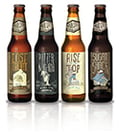
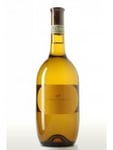
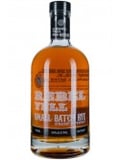

Feb 16, 2026by Ted Farrell
Mardi Gras—also known as Fat Tuesday- is one of the world’s most iconic celebrations. Known as Carnival in many...
Feb 7, 2026by Ted Farrell
The world is getting ready for the 2026 Winter Olympics, hosted in northern Italy in the stunning cities of Milan and...
Feb 3, 2026by Ted Farrell
Are you single and not-so-ready-to-mingle? Planning a solo movie marathon? Celebrate Valentine's Day with a little bit...